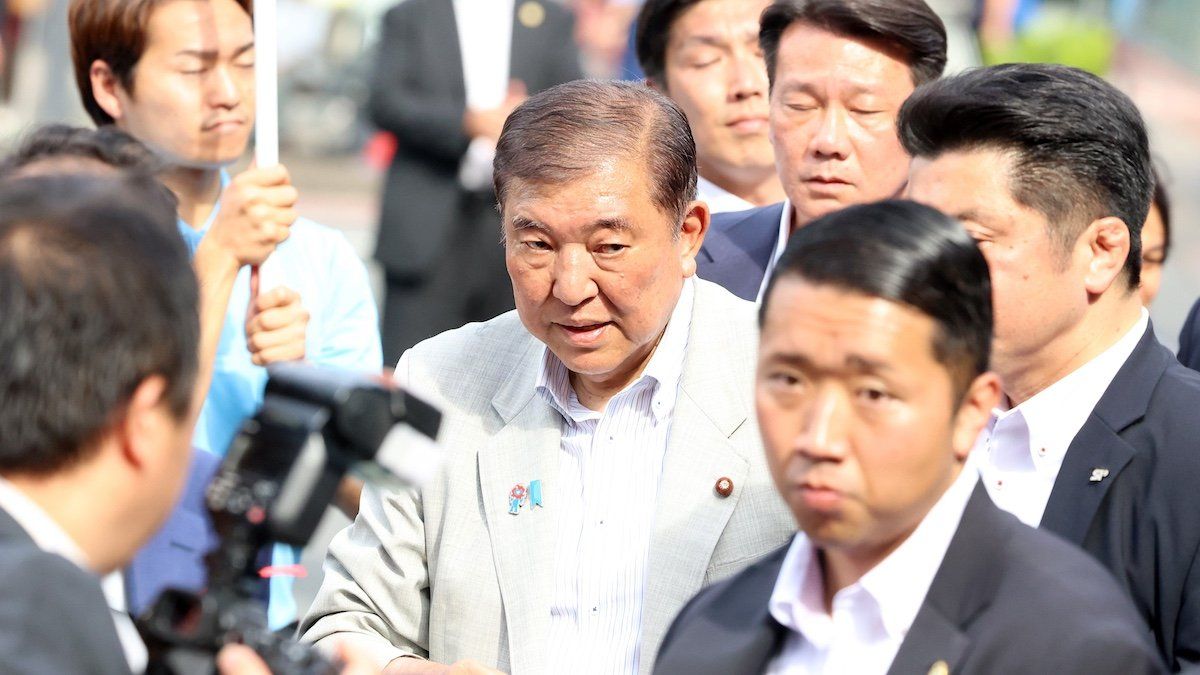Over the past decade, the world’s leading industrial democracies have become intensely polarized, particularly with the rise of anti-immigration populism in Europe and the United States. Japan, where the Liberal Democratic Party (LDP) has led governments for all but four of the past 70 years, has defied that trend. But with elections looming this weekend, opinion polls say that may be changing fast.
On Sunday, Japan faces elections for the Upper House of the National Diet, the country’s legislature (click here for a good primer on how Upper House elections work). Last fall, the LDP-led coalition government lost its majority in the Lower House, and it badly needs an electoral rebound to avoid a period of uncertainty the country hasn’t seen in decades.
That rebound isn’t looking likely. A poll from broadcaster NHK found that Prime Minister Ishiba Shiberu’s approval rating fell from 39% in June to just 31% this week. His party is faring even worse. Support for the LDP dropped from 31.6% in June to a startling 24% now. Recent surveys from the Yomiuri Shimbun and Nikkei flash similar warning signs.
If the current governing coalition of the LDP and junior partner Komeito loses its Upper House majority, Ishiba’s future as PM will immediately come into question as we see the possible opening of negotiations with opposition parties on joining the government. There’s even a small chance that enough of Japan’s long-fragmented opposition could join forces to form an opposition-led coalition government.
Where is the LDP's public support going? Even in Japan, xenophobic populism is having a political moment as the need for migrant labor in a country with an aging population trumps a longtime public preference for cultural homogeneity and the immigration restrictions that protect it.
Sanseito, a rising party of the right, is an explicitly “Japan First,” anti-globalist, anti-immigrant upstart that’s now capturing enough attention in tough economic times that it could win 10 or more seats on Sunday – the hard-right party currently only has two seats in the Upper House. Given that Sanseito looks to be drawing most of its support from voters who’ve historically backed the LDP, it might also cost the long-dominant party its majority in a close election.
Sanseito is likely benefitting from Japan’s current economic hardship – rising prices, especially for imported food and energy, and falling real wages, in particular – fueled in part by a historically weak yen. Even at a time of dollar weakness, the Japanese currency fell to 149 yen against the dollar earlier this week. All this comes at a time when US President Donald Trump is driving a hard bargain with Japan’s beleaguered government on trade terms.
In short, Japan is not a country prone to political turmoil, but the results this weekend could change that very quickly.
